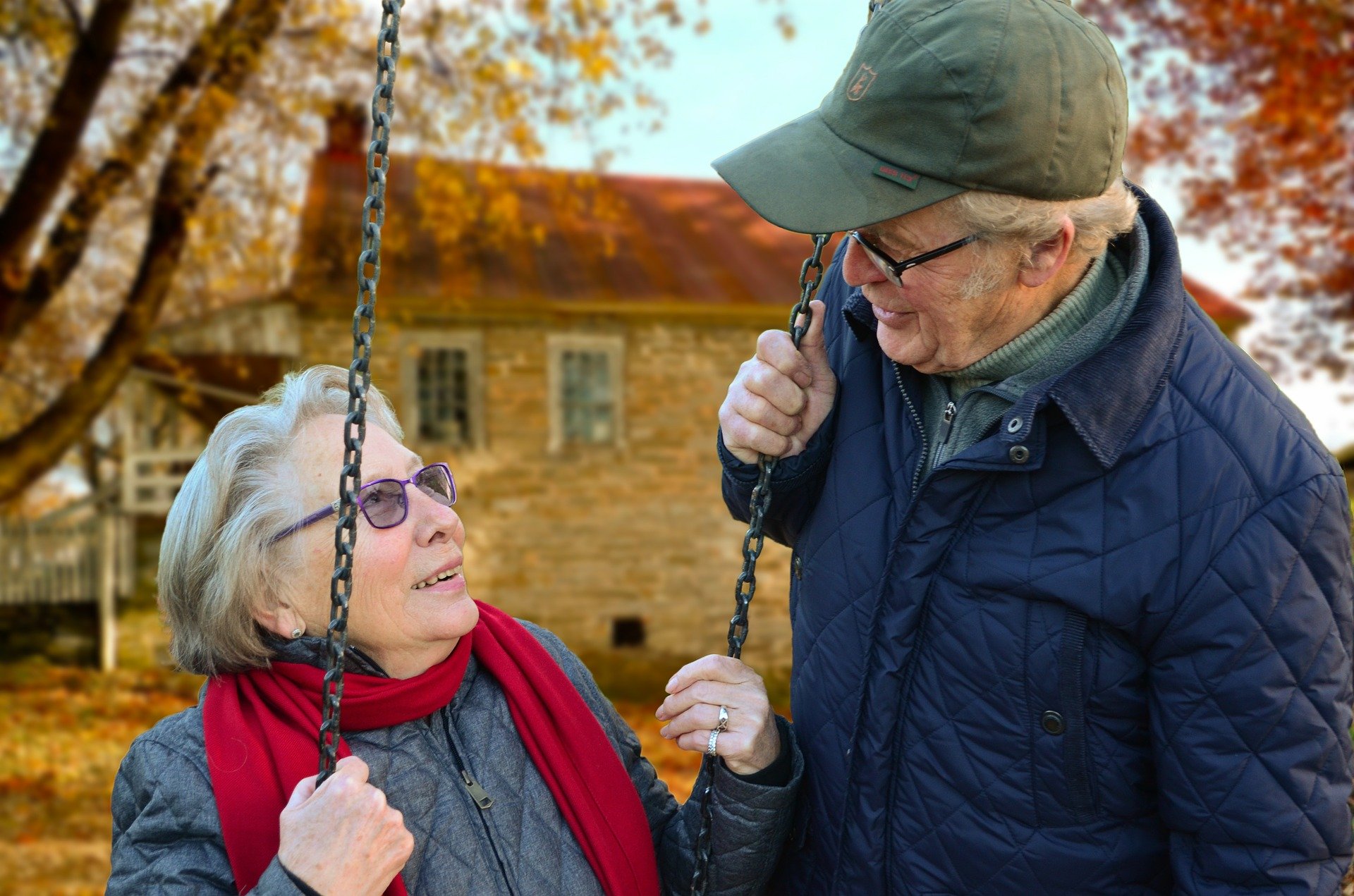None of us are getting any younger – in fact the UK population is ageing rapidly, with the Office of National Statistics predicting that by 2038 one in four people will be aged 65 years and over. Whilst living longer is a cause for celebration, older people are unfortunately more at risk of mental health problems, and may also struggle to access appropriate support.
As a therapist I’ve always enjoyed working with older people. Whilst doing my training I volunteered with Age Concern as a befriender and bereavement counsellor, both of which were enriching and rewarding experiences. On a more personal level my older friends and family are incredibly important to me.
Whilst getting older can have its advantages – such as more freedom, less work related stress and more spare time – older age can present unique challenges which we may not have experienced before. For example, we may struggle to adapt to retirement, experience bereavements and medical problems, and find ourselves struggling to cope with additional caring responsibilities or money worries.
One of the most common problems faced by older people is isolation. In a 2013 survey by Silver Line, 15% of older people admitted that they felt lonely. This equates to 2.5 million people. Furthermore, research has shown that two in five people over the age of 75 have some symptoms of depression.
Unfortunately, only one in six older people say that they would speak to their GP about their mental health. Perhaps this is due to a lack of knowledge of the treatments that are available, or feeling embarrassed about ‘not coping’. Change is possible, and research shows that older people are just as likely to benefit from talking therapies as younger people.
Here are some suggestions for looking after your mental wellbeing no matter how many years young you are…
Stay Connected – reach out to family and friends at least once a day. Try to meet up with others on a regular basis, and when this isn’t possible, speak on the phone, via Skype or by text. If you would like to meet new people then there are lots of social clubs/organisations to choose from, do some online research or ask at your local library. If you’re not confident with technology, local libraries or organisations such as Include IT Mersey might help.
Keep Healthy – looking after your physical health will also benefit your mental health. Get regular exercise, eat well, don’t drink too much alcohol, sleep well and make sure you are doing what your GP recommends in terms of managing any medical problems you may have.
Find Meaning and a Sense of Purpose – Focus on what you can still do rather than the things you can’t, and set yourself manageable goals. You may want to consider taking up some voluntary work, getting a pet, traveling, or learning a new skill or hobby such as gardening or something creative.
Know when to ask for help – if you are concerned about your mental wellbeing speak to your GP or a contact a local therapist who is registered with the BACP or BABCP.
Things to explore …
The Sliver Line – a free confidential helpline for older people open 24 hours a day
0800 4 70 80 90
Age Concern Liverpool & Sefton
01704 542 993
Age UK
0800 678 1602

